Olive oil in skincare has become a big trend, but is it beneficial? Editor Trudi Brewer shares expert advice here.
Image Pinterest
Oil is a wonder ingredient for cosmetic chemists, not just for its hydrating benefits but for balancing the complexion’s natural oil production and protecting it’s fragile barrier. “Olive oil is a skin-compatible multi-tasker. It moisturises and deeply nourishes the skin while improving elasticity,” says chemical engineer and founder of Greek skincare brand KORRES Lena Philippou Korres. “Olive oil is one of a few oils that penetrate deeper instead of just coating the face or hair,” says cosmetic chemist Ginger King. “It’s a great cosmetic ingredient.” Cofounder of Umbria, Italy-based Beauty Thinkers, Claudio Castiglioni, says he wholeheartedly recommends incorporating it into not only your facial skincare practice but also your hair and body routines. So, if these experts are right, how much do we need, and when should we use it?
The benefits of olive oil in skincare
Olive oil’s moisturising properties help maintain the water content that is naturally found in our skin and can be used to treat wrinkles and dehydrated, itchy skin. When applied topically, it can help reduce inflammation, which helps maintain the skin's strength. Cosmetic chemist Milan K Scott notes that olive oil has been reported to boost collagen production in the skin, which can be helpful when treating sunburned or damaged skin; due to its level of acidity, olive oil is good at penetrating the skin. “Highly acidic olive oil can improve epidermal permeability by weakening the skin barrier, followed by cytokines re-building the barrier. The acidity of olive oil may help active ingredients better penetrate the skin,” says Scott. “Olive oil also contains remarkable antioxidant properties to protect and brighten skin, plus sterols that promote a youthful glow and reduce trans-epidermal water loss to improve hydration and lock in moisture,” says co-founder and CEO of Italian skincare brand Furtuna Skin, Kim Walls. “Everyone should consider olive-based products their number-one defence against dry, prematurely ageing skin. In addition to hydrating, this oil’s natural antioxidant properties can help reduce unwanted pigmentation over time,” says Walls. Olive oil can even boost the antioxidant activity of your existing skincare routine, notes Castiglioni.
What makes olive oil beneficial for the skin?
“Olive oil has a very high concentration in essential fatty acids, such linoleic acid, oleic acid and squalane, with excellent emollient, nourishing and antioxidant properties,” says Lena Philippou Korres. “Its composition mimics skin’s natural oils, which makes it very skin compatible.” Squalane is a popular ingredient in skincare and makes up about 13 per cent of human sebum, a significant component of olive oil. It’s known for decreasing free-radical oxidative damage and protecting skin from the adverse effects of UV exposure. The most prevalent fatty acid found in olive oil is oleic acid. This benefits skin maintenance and may accelerate the wound-healing process. Oleic acid plays a vital role in reconstructing cell membranes and restores the skin’s water level to improve smoothness. This moisturises and enhances the elasticity of the skin. While it’s also a pantry staple, it is rich in tocopherols (fat-soluble vitamin E), an antioxidant that helps protect cells against cell oxidation. “It also contains phenolic compounds or potent antioxidants that boast anti-ageing properties.” Korres notes that olive oil is also a natural source of vitamins, including A, D, K and E.
Who should use skin care with olive oil, and who should avoid it?
Cosmetic chemist Milan K Scott says products with olive oil can be beneficial for those with dry skin. Since olive oil is an emollient, it is very effective at enhancing the skin’s barrier function to increase skin hydration while reducing visible signs of ageing. Scott suggests avoiding high ingredient concentrations if you have acne-prone or oily skin due to the chance of comedogenicity. However, it can benefit any skin if balanced correctly. Castiglioni says Beauty Thinkers’ process of biotech enzymatic conversion allows them to remove the greasiness from olive oil. This helps the ingredient be beneficial for most skin types, from oily and combination to sensitive skin. “Olive oil is not recommended for atopy-prone skin or baby products due to its high content of actives,” notes Korres.
Can you put pure olive oil on your skin?
Olive oil can be beneficial when mixed by masters in a lab and balanced with other skin-loving ingredients. But how about on its own? “It is my professional recommendation that nobody put anything from your kitchen straight onto your face, especially food-grade olive oil. There’s the possibility of contamination and the high chance of comedogenicity (clogging pores),” says Scott. “I urge people not to use pure olive oil when going into the sun because this can cause severe sunburn and worsened hyperpigmentation. Instead, I recommend using skincare products formulated with olive oil or olive squalane by an experienced and reputable cosmetic chemist.” Slathering pure olive oil on your skin could cause more harm than good because even though olive oil may help active ingredients better penetrate the skin, it may also create adverse effects. Scott says, “Anyone with an impaired skin barrier should avoid olive oil in its natural form. Using olive oil directly on the face could cause the skin to thin out even more, creating issues like inflammation.” Her advice: “Stick to facial products that were made by experts that feature olive oil. Not only is it not good for your skin, but it’ll also likely feel icky. “Oils, in general, are not easily absorbed by the skin. They may feel heavy and unpleasant,” says Korres. “The optimal use of oils is in a properly designed formula that’s easily absorbed, non-comedogenic and doesn’t leave a residue.”
Products high in olive oil
Korres Santorini Grape Velvet Renewal Oil, $92.
Olive, grapeseed oil and resveratrol from grape skins, this antioxidant-rich oil benefit from the volcanic ash the ingredients grow in which it grows. Dry skin will drink this formula up and get glowing fast.
Sol de Janeiro Bum Bum Body Firmeza Oil, $90.
This firming body oil is stacked with sustainably sourced algae extract and Brazilian olive oil to nourish the skin, while guaraná caffeine+ complex firms the skin. Scented with the iconic, irresistible Cheirosa 62 fragrance, a blend of pistachio and salted caramel, this is a divine summer-inspired oil to add to your body care routine.
Charlotte Tilbury Collagen Superfusion Facial Oil from $59.
This celebrity makeup artist swears by the power of skin oils, and hers is divine. It’s nongreasy yet potent and addresses universal skin concerns, like dryness and dullness, with a combination of gorgeous, refined plant oils, including avocado olive, sunflower, raspberry seed oil, lavender, bitter orange and rose damascena flower oils -hence, it also smells divine.
Kiehl's Crème de Corps Moisturiser, from, $68.
For 24-hour skin hydration, this famous body moisturiser is loaded with shea butter, olive and avocado oil to drench the skin in those rich plant oils and squalene. It works for all skin types - especially those who suffer from dryness. This moisturiser needs to be applied fresh from the shower to harness its brilliant benefits.
Nesti Danti Ilfrutteo Olive and Tangerine, $14.
$Soap lovers, this traditionally made Italian soap is one of the best on offer. A pure vegetable natural soap made with a combination of fresh fruits and olive oil, it’s not only heaven on the skin, it never breaks down in the shower.
Olive Natural Lip Balm, $10.
Made from locally grown New Zealand olives, this balm is stacked with extra virgin olive oil, olive leaf extract, apricot oil and potent Manuka honey. For replenishing dry, cracked, and damaged lips, this balm works overnight.


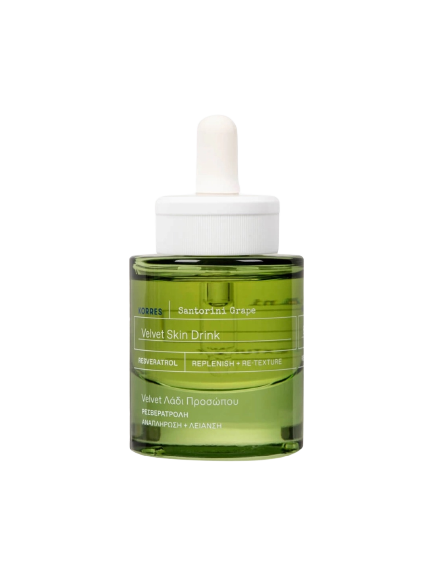





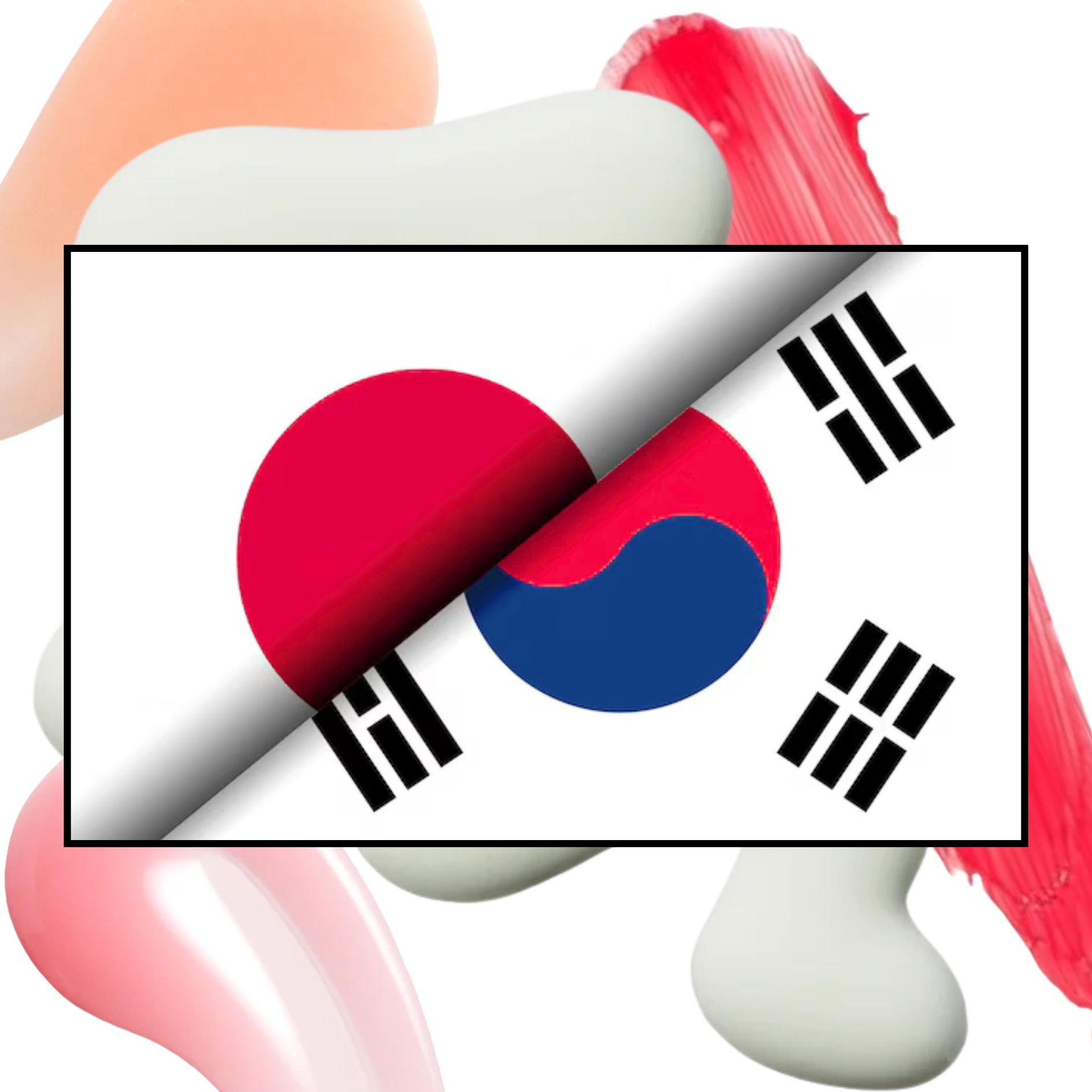

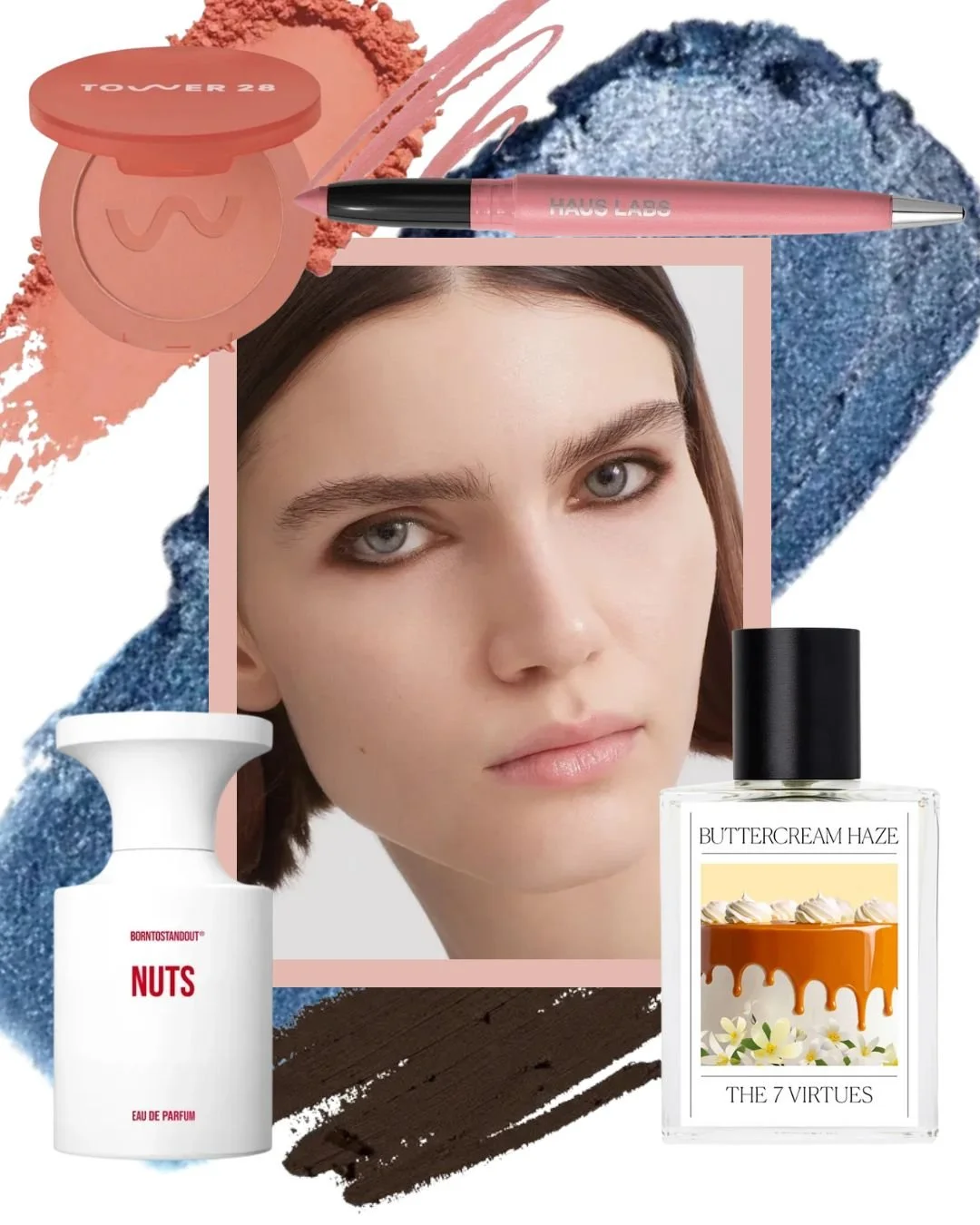


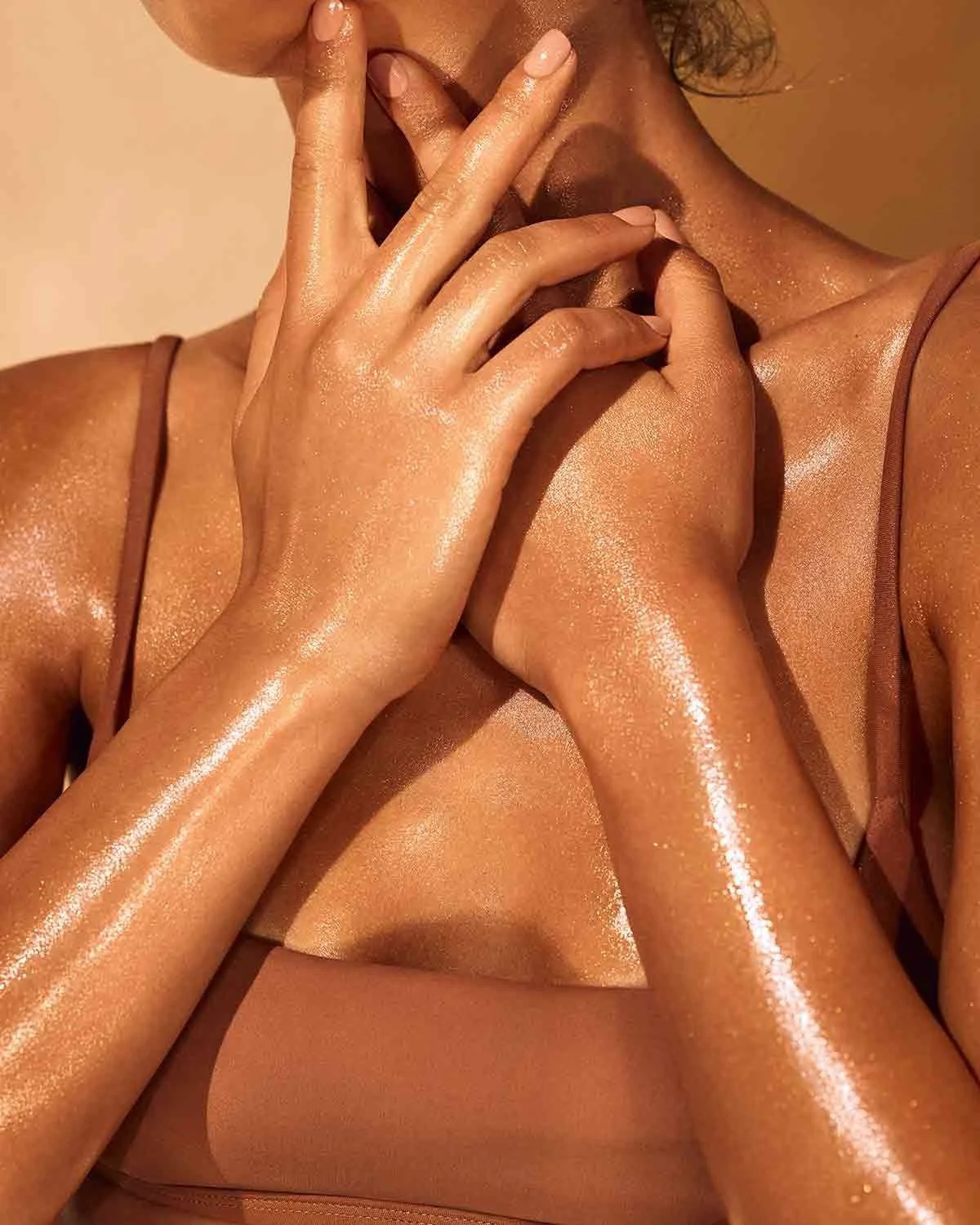

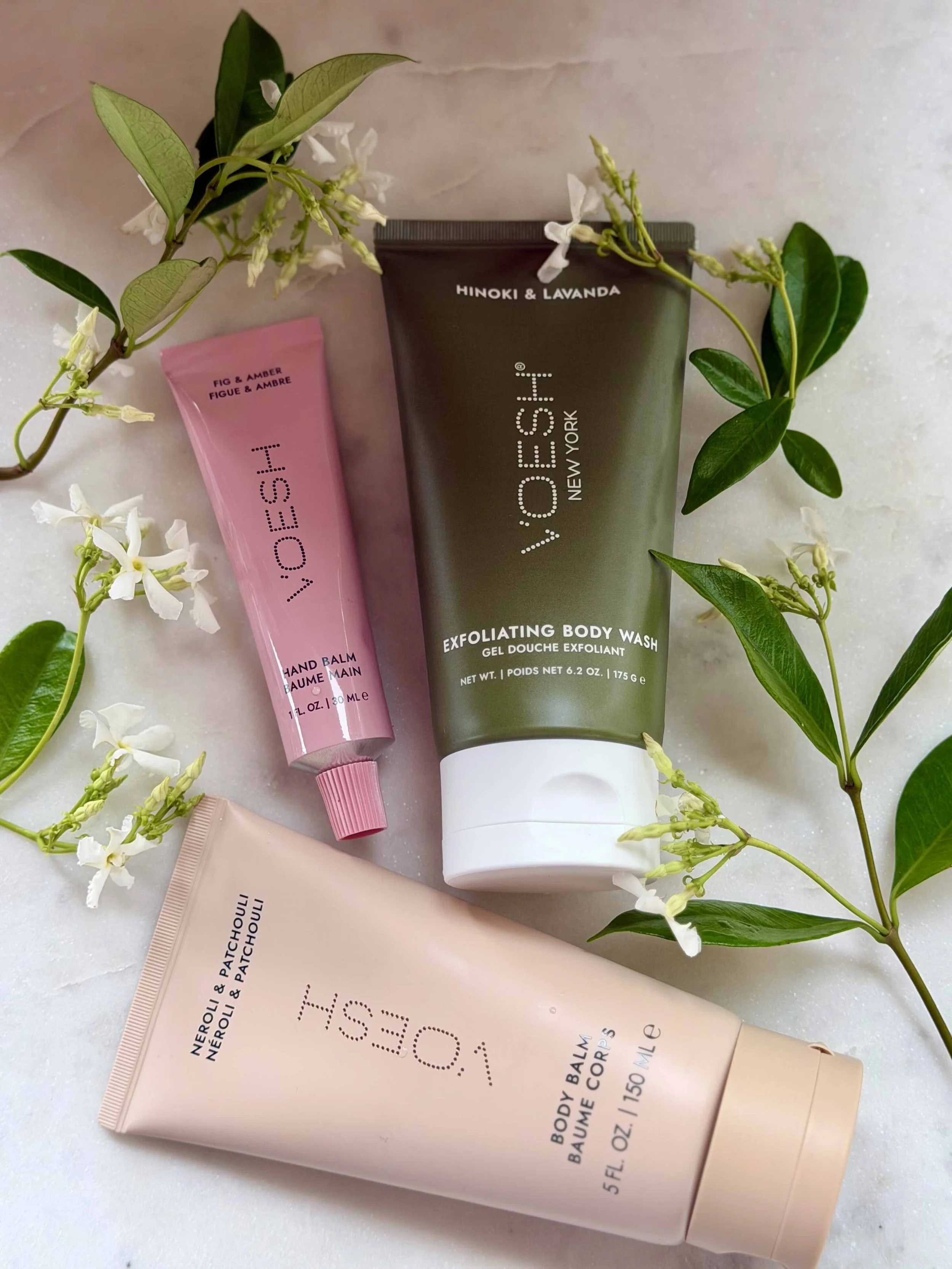
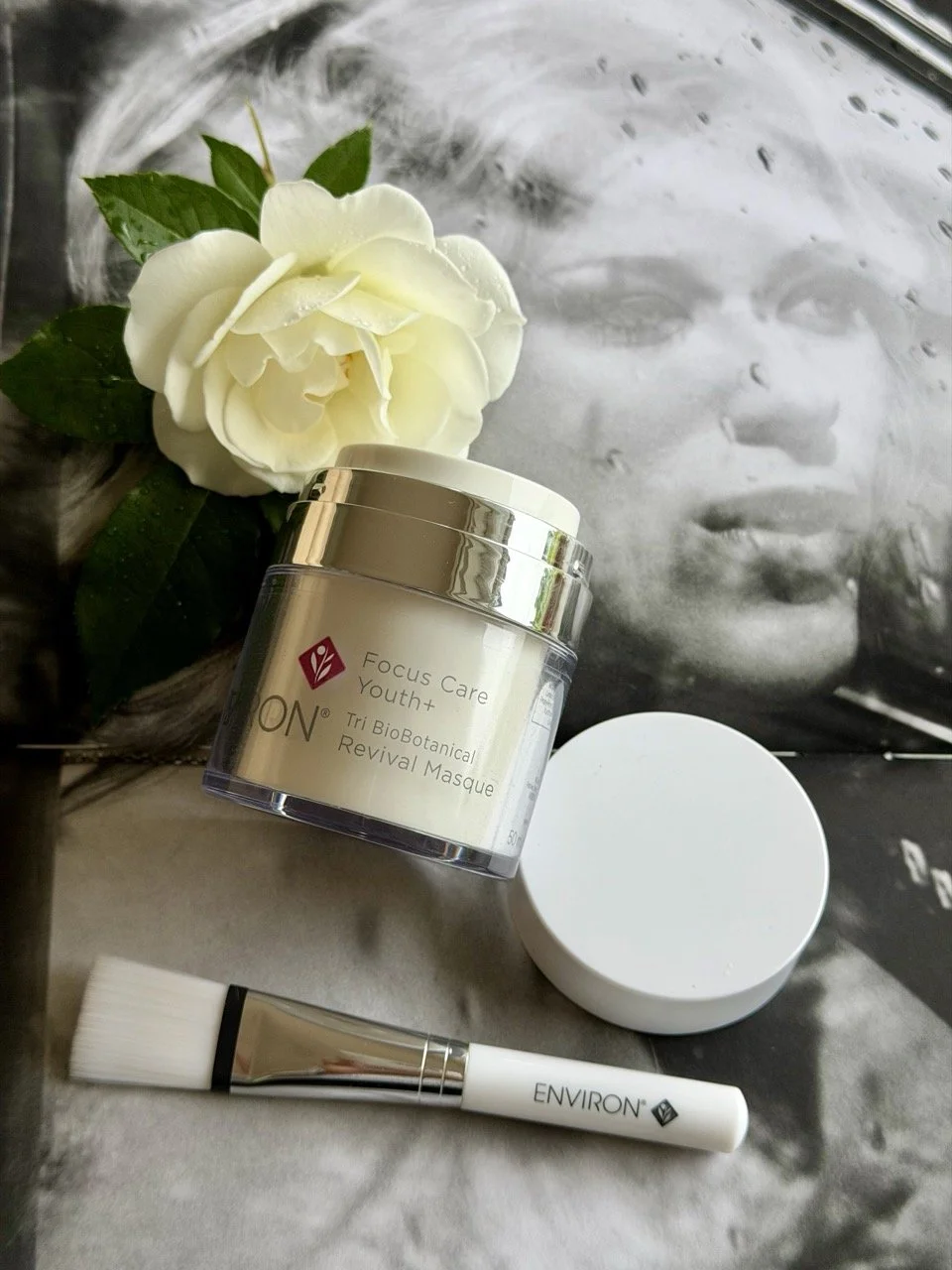



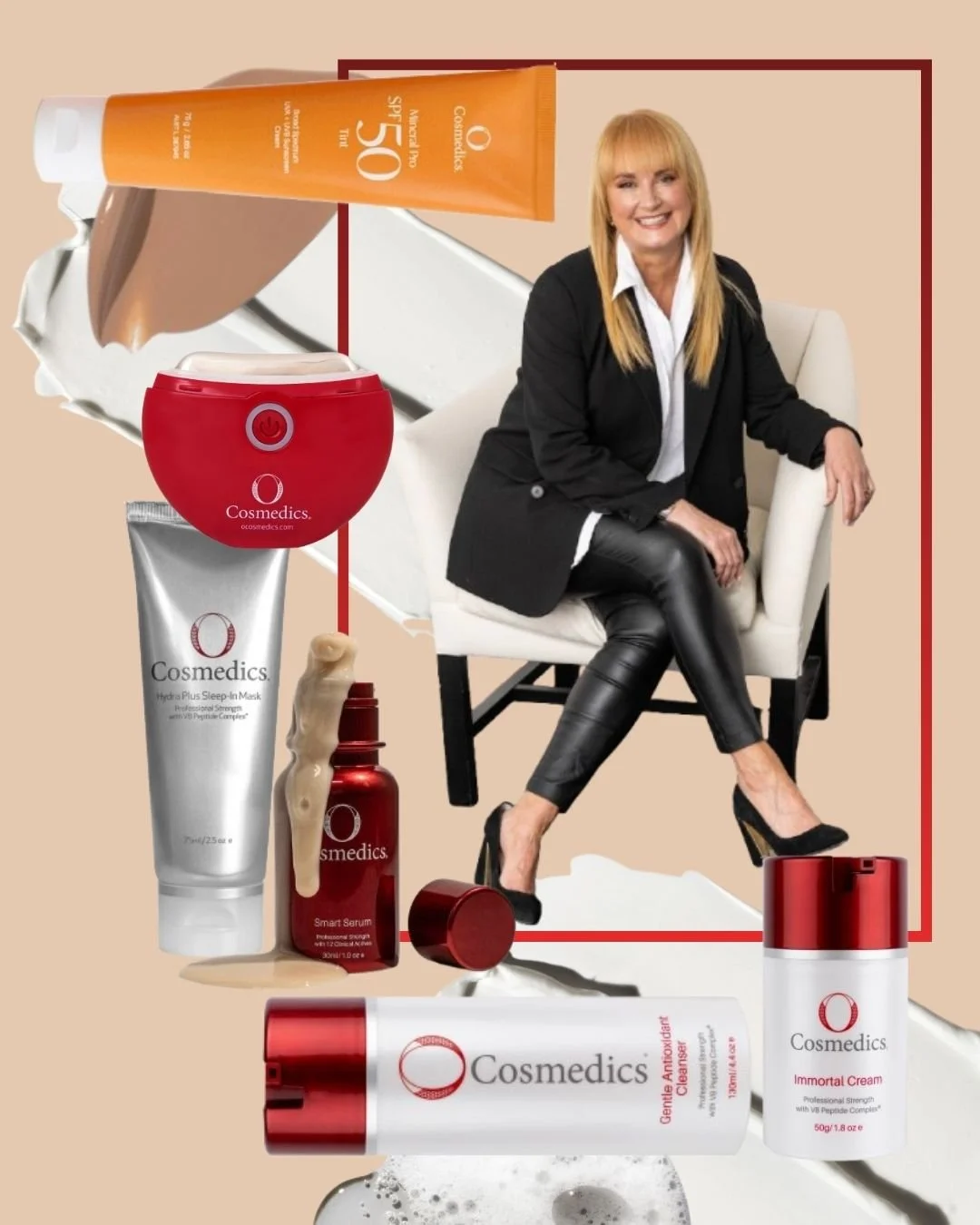

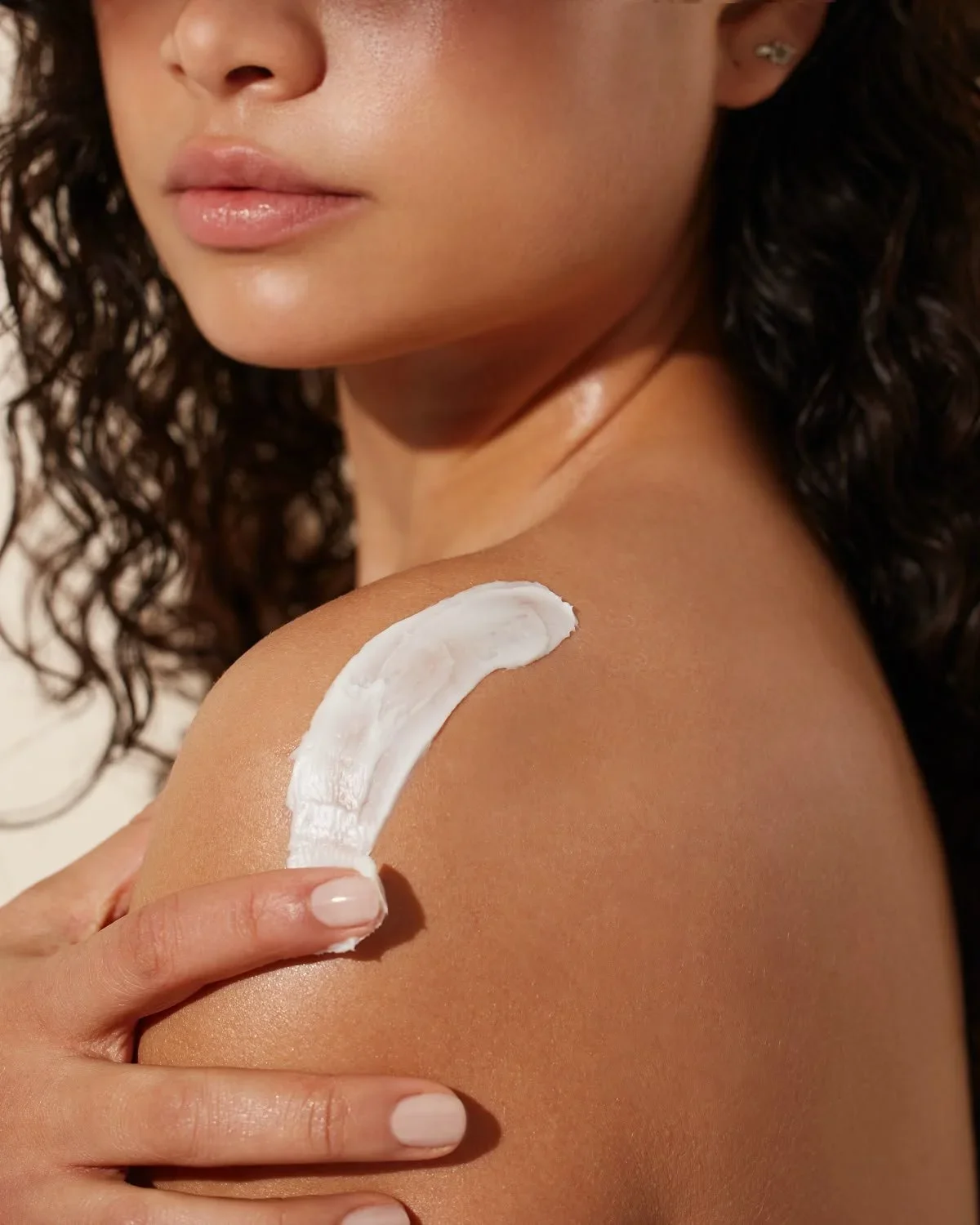
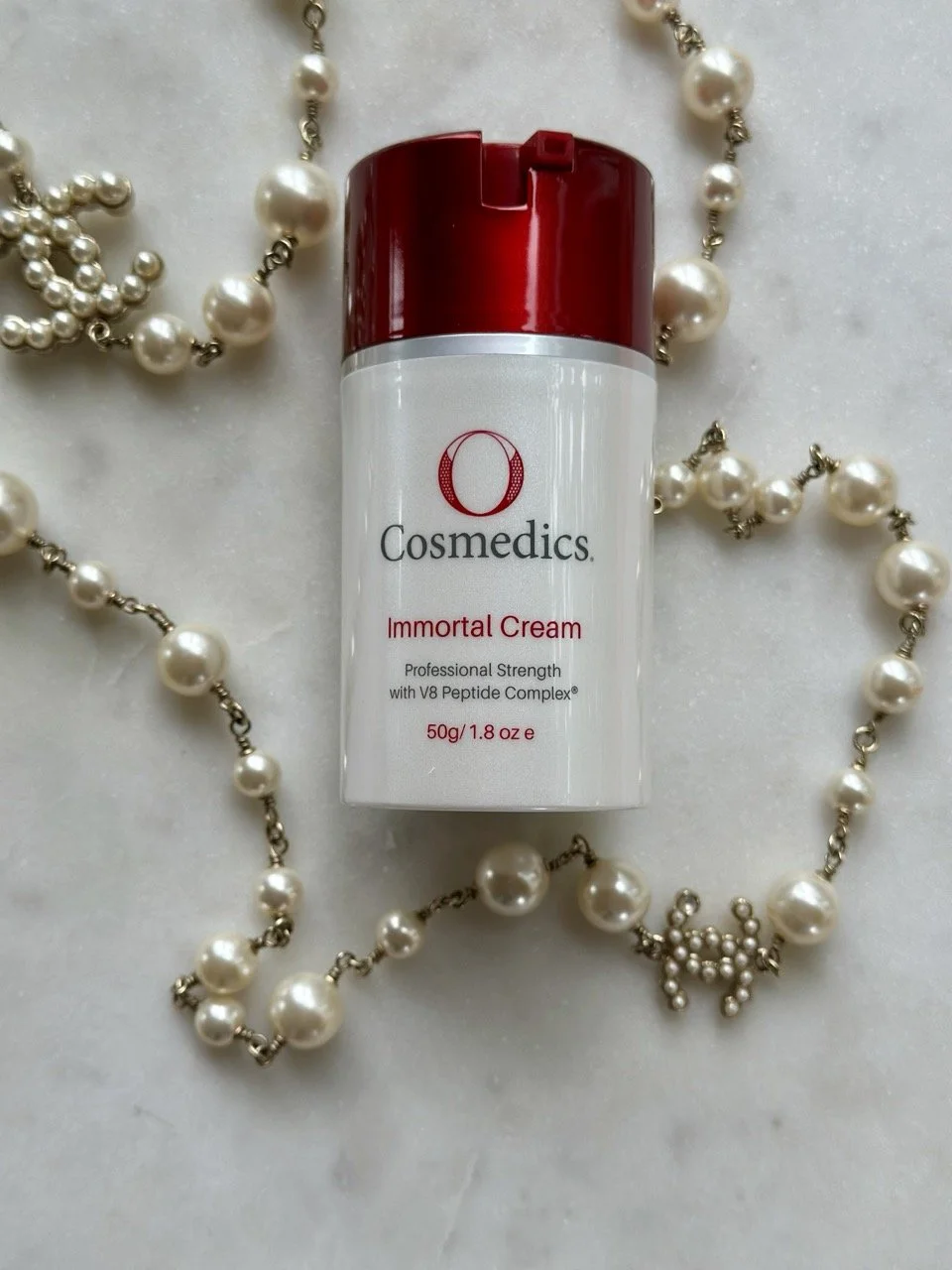
That put dull skin on notice.